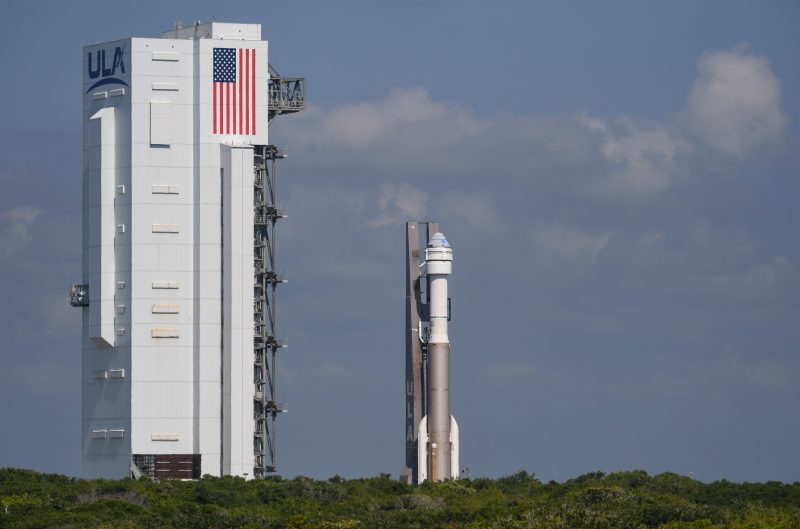Boeing Delays Spaceflight Again as it Continues to Struggle with Leak
Boeing’s ambitious plans for its CST-100 Starliner spacecraft have hit another snag yet again, as the aerospace giant continues to grapple with technical challenges and setbacks. The latest setback comes in the form of a leak issue that has forced the company to postpone its crucial test flight to the International Space Station. This delay not only hampers Boeing’s progress in the competitive space industry but also raises concerns about the company’s ability to deliver on its commitments to NASA and other stakeholders.
The leak, which was detected during routine pre-launch preparations, is just the latest in a series of setbacks that have plagued Boeing’s Starliner program. The spacecraft, which is designed to ferry astronauts to and from the ISS, has already faced multiple delays and technical issues since it was first announced. This latest setback underscores the complexity and challenges of developing cutting-edge space technologies and highlights the immense pressure that Boeing and other companies face in the highly competitive space industry.
Boeing’s struggles with the Starliner program have not gone unnoticed by NASA and other stakeholders. The space agency has been heavily invested in the success of the program, as it relies on commercial partners like Boeing to transport astronauts to the ISS. With NASA’s ambitions of returning humans to the Moon and eventually sending astronauts to Mars, the success of programs like Starliner is crucial for the future of space exploration.
The leak issue is just the latest in a series of technical challenges that Boeing has faced with the Starliner program. Previous setbacks have included software glitches, propulsion system issues, and other technical problems that have delayed the spacecraft’s development and testing. While Boeing has made progress in addressing these issues, the latest delay shows that the company still has work to do to ensure the reliability and safety of the Starliner spacecraft.
Boeing’s rivals in the commercial space industry, including SpaceX and Blue Origin, have made significant strides in recent years, launching crewed missions to the ISS and developing cutting-edge technologies for space exploration. The delays and setbacks facing Boeing’s Starliner program could put the company at a disadvantage in the competitive space market, potentially costing it valuable contracts and partnerships.
Despite the challenges facing the Starliner program, Boeing remains committed to the success of the spacecraft and its role in ushering in a new era of human spaceflight. The company has a long history of innovation and excellence in the aerospace industry, and it is working diligently to address the technical issues that have hampered the Starliner program. With the support of NASA and other stakeholders, Boeing is confident that it can overcome these challenges and deliver a safe and reliable spacecraft for future missions to the ISS and beyond.
In conclusion, Boeing’s latest delay in its Starliner program due to a leak issue highlights the complex and challenging nature of developing cutting-edge space technologies. While setbacks are common in the aerospace industry, the success of programs like Starliner is crucial for the future of human space exploration. Boeing’s ability to address the technical challenges facing the Starliner program will be crucial in determining its success in the competitive space market and its role in shaping the future of space exploration.



























